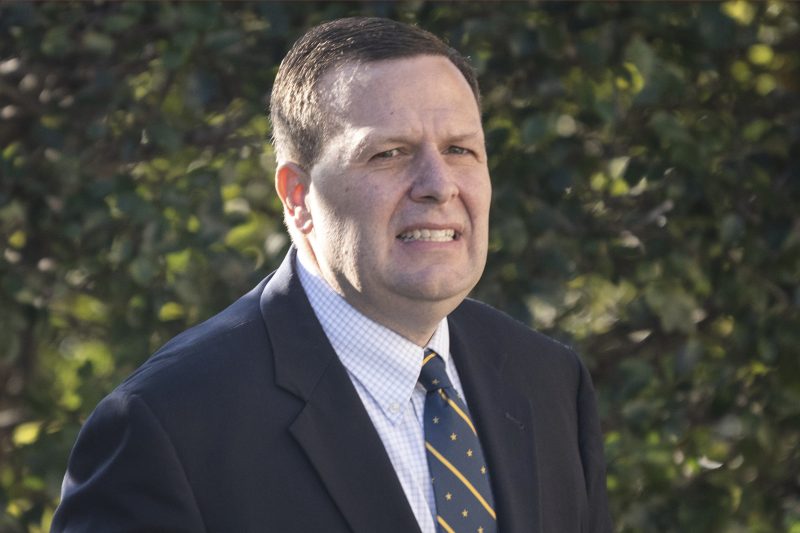In the recent Supreme Court ruling that favored an Indiana mayor accused of corruption, a significant debate has been ignited regarding the interpretation and application of anti-corruption laws in the United States. This ruling is just one of a series of legal decisions that have raised concerns about the weakening of corruption laws and their enforcement at various levels of government.
The case in question involved the indictment of the mayor of Portage, Indiana, for allegedly soliciting bribes in exchange for public contracts. Despite the incriminating evidence presented against the mayor, the Supreme Court’s decision ultimately overturned his conviction on the grounds that the bribery statute he was charged under was too vague.
This ruling has sparked outrage among advocates for government accountability and transparency, who argue that such decisions only serve to embolden corrupt officials and undermine public trust in the political system. By setting a precedent that potentially narrows the scope of what constitutes corrupt behavior, the Supreme Court may inadvertently be providing a legal loophole for future instances of corruption to go unchecked.
Furthermore, this ruling has broader implications beyond the specific case at hand. It calls into question the effectiveness of existing anti-corruption laws and the willingness of the judiciary to hold powerful individuals accountable for their actions. In a time when public distrust of government institutions is at an all-time high, decisions like these only serve to further erode the public’s confidence in the rule of law.
One of the key issues at the heart of this debate is the balance between protecting individual rights, such as freedom of speech and due process, and ensuring that those in positions of power are held to account for their actions. While it is essential to safeguard the rights of the accused, it is equally important to maintain the integrity of anti-corruption laws and prevent abuses of power.
Moving forward, it is crucial for legislators, law enforcement agencies, and the judiciary to work together to address the shortcomings in existing anti-corruption laws and strengthen enforcement mechanisms. This may involve clarifying vague statutes, increasing transparency in campaign financing, and implementing stricter penalties for those found guilty of corrupt conduct.
Ultimately, the Supreme Court ruling on the Indiana mayor serves as a stark reminder of the fragility of the rule of law and the constant vigilance required to combat corruption in government. By holding public officials accountable and upholding the principles of justice and transparency, we can strive to build a more equitable and accountable society for all.
